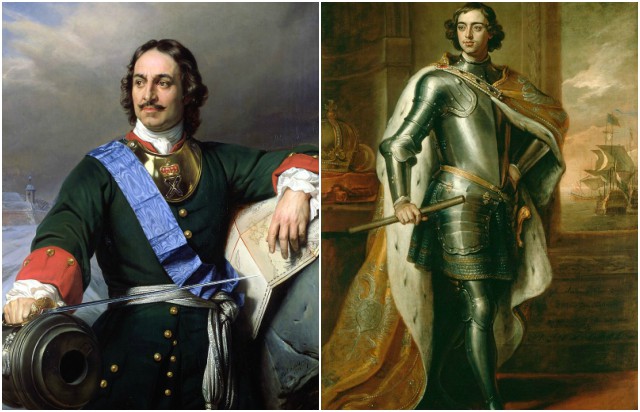Peter the Great is usually credited with transforming the Russian Tsardom into the major European power that was the Russian Empire, circa early 18th century. He is known as a leader of the cultural revolution in Russia, which replaced the traditionalist political system with a new modern, scientific, and westernized political system. He expanded the Tsardom through a number of successful wars and he led Russia to become a major European power.
Pyotr Alekseyevich Romanov was born on June 9, 1672, in Moskow. He ruled the Tsardom and later the Empire. Having ruled jointly with his brother Ivan V from 1682, when Ivan died in 1696, Peter was officially declared Sovereign of all Russia.
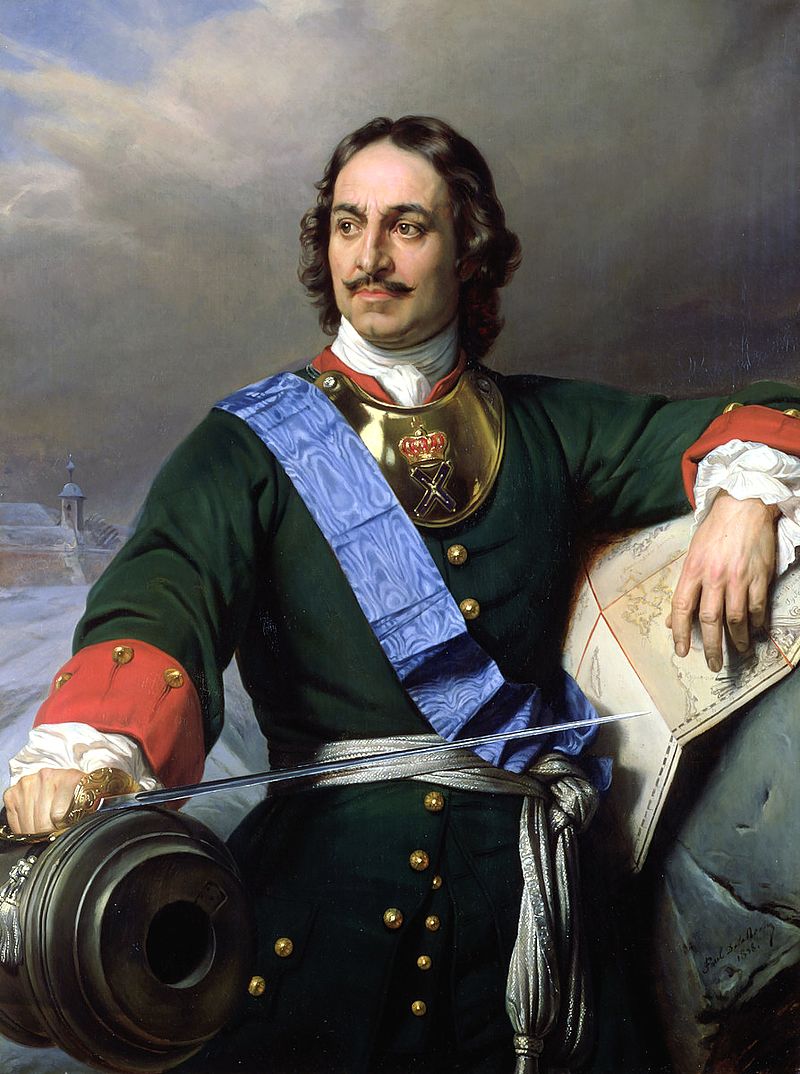
In 1697 Peter the Great went to Western Europe on an educational tour of the continent’s great cities. During this trek, Peter met Isaak Newton, he went to Oxford University, the British Royal Mint, and the Dutch naval yard. While he was in Nederland he learned a lot about the life in Western Europe. He met King William III when he went in England. He also traveled to the city of Manchester, where he learned techniques of city-building he would later use to great effect at Saint Petersburg.
On September 5th, 1698, Peter returned from his educational tour in the metropolises of Europe to Moscow. The next morning all the important officials gathered at the court to see the King and talk about the future of Russia. Instead of talking about politics and future, Peter the Great did something that no one expected.
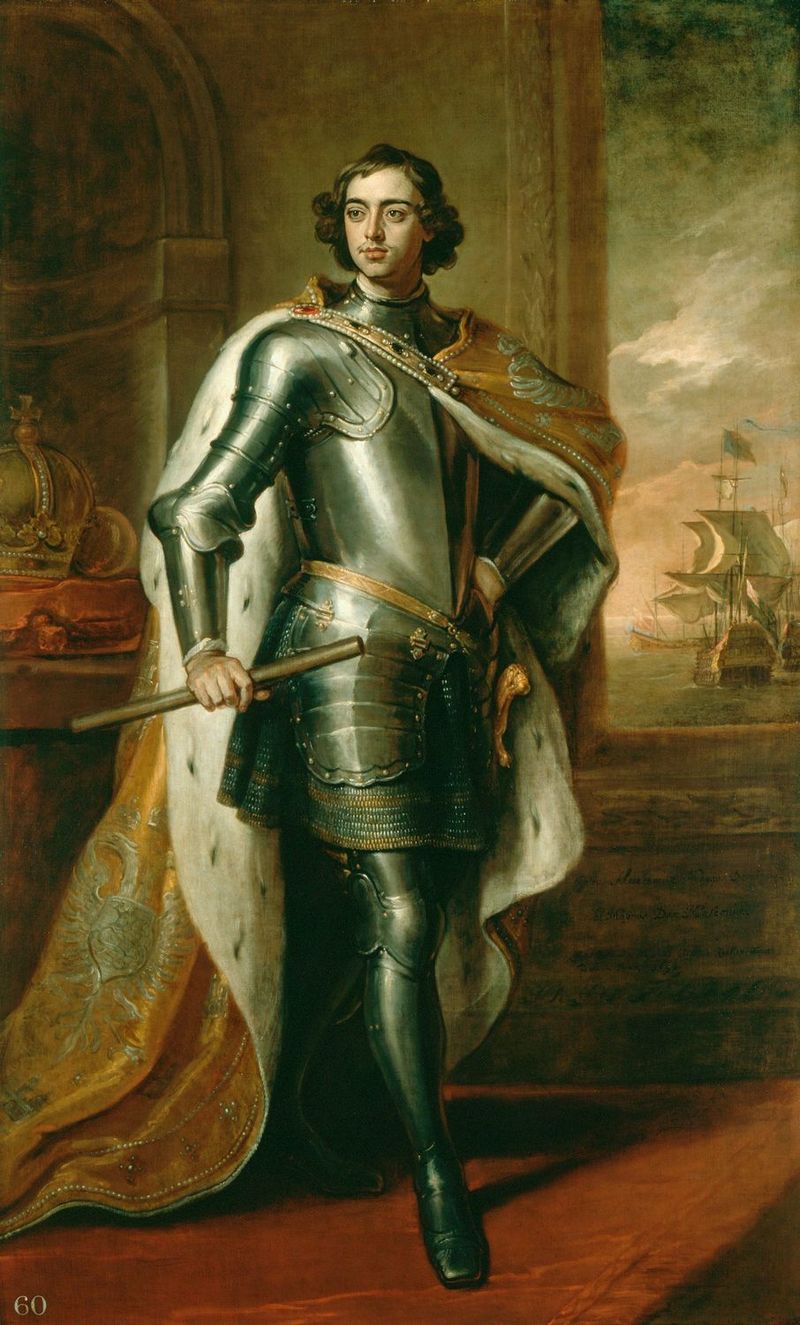
The first thing he did is that he pulled a massive sharp razor from his bag and began to shave the commander in chief of the army. The people gathered didn’t know how to react and none dared question this surprising turn of events. An important politician was next, and after him another Boyar, and another after him. Seems like no one was spared except for three people. He spared only the Patriarch, a very old man, and his own guardian.
His Boyars were very fond of their beards and were very upset, but they couldn’t do anything about it. Peter now even ordered that all of his subjects except for the clergy and peasants must shave their beards.
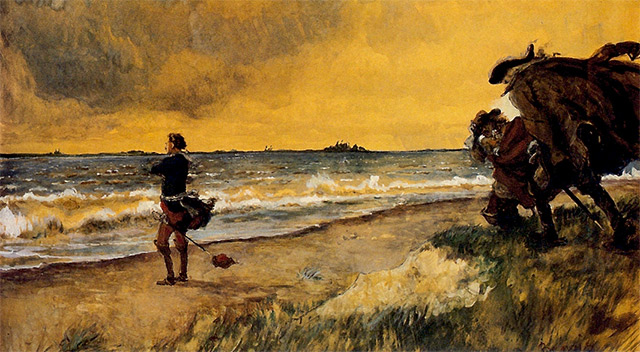
The Russian Orthodox Church was against this rule of shaving beards and some members criticized the King’s decision. They thought of it as blasphemous. As Ivan the Terrible once said, “Shaving the beard is a sin the blood of all martyrs will not wash away. It would mean blemishing the image of man as God created him.”
Peter was under pressure to do something. Some people were willing to pay so they could grow beard again, so Peter imposed an annual “beard tax” upon those who hoped to keep their facial hair. People would pay up to one hundred rubles and in return, they were given a copper token with the image of a beard and the Russian words “tax paid”.
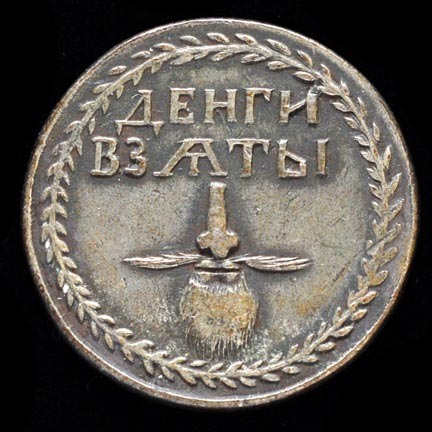
Peter the Great also changed the date of the celebration of the new year in Russia from the 1st of September to the 1st of January and put an end to arranged marriages. His reforms made a lasting impact on Russia and transformed the country to a prosperous modern nation.
